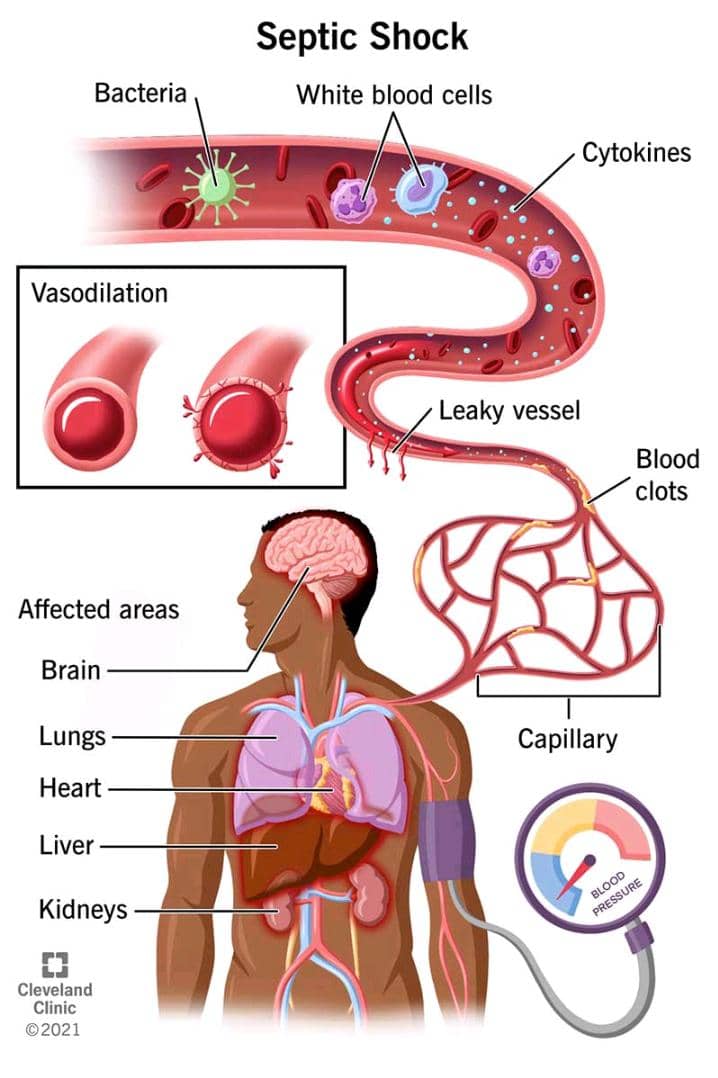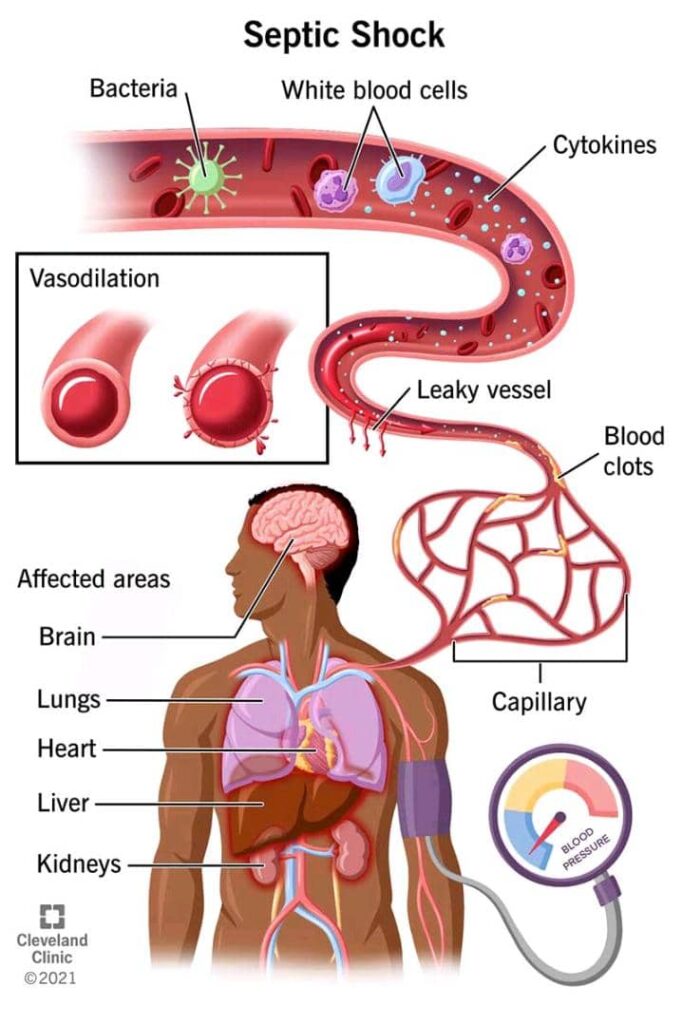
 Mama FM
Mama FM

 Mama FM
Mama FM
30 September 2025, 3:38 pm

By Byamukama Alozious
Uganda’s Ministry of Health has made a national commitment to combat sepsis, a life-threatening condition that occurs when the body’s response to infection causes damage to its own tissues and organs. As part of the Global Sepsis Agenda 2030, Uganda aims to reduce the incidence of sepsis by at least 25%, improve survival rates of both paediatric and adult sepsis patients by 20%, lower the median cost per sepsis patient by 20%, and integrate sepsis awareness and control into all health programmes.
During a press briefing at the Ministry of Health headquarters in Wandegeya, Kampala, ahead of the annual International Sepsis Day on 13 September, Dr Charles Olaro, Director General of Health Services, explained that sepsis is a blood-poisoning condition triggered by diseases such as malaria, which can lead to organ damage and, if not promptly treated, death. He further noted that sepsis can cause organ failure, resulting in breathing difficulties, confusion, high fever, or death. Newborns may experience rapid or laboured breathing, and approximately four in ten sepsis cases are exposed to harmful germs, raising the risk of antimicrobial resistance.
Certain groups are more vulnerable to sepsis, including newborns, pregnant and new mothers, HIV patients, cancer patients, the elderly, and men, who often delay seeking medical attention. These individuals are at higher risk of severe outcomes due to weakened immune systems or delayed recognition of symptoms.
According to Winnie Agwang, a laboratory officer with the World Health Organization, sepsis requires critical and emergency care services. Dr Susan Nabadda, Commissioner in charge of National Health Laboratory Services, highlighted the ministry’s ongoing efforts to raise awareness of sepsis prevention and treatment among communities and civil society organisations.
The Ministry of Health is urging Ugandans to seek medical care early if they experience symptoms such as fever, confusion, rapid breathing, or severe pain. Dr Priscilla Haguma of the World Alliance for Lung and Intensive Care Medicine in Uganda stressed the importance of emergency services and hygiene practices to prevent sepsis, noting that Africa accounts for 30% of global sepsis cases and emphasising the critical nature of the problem.